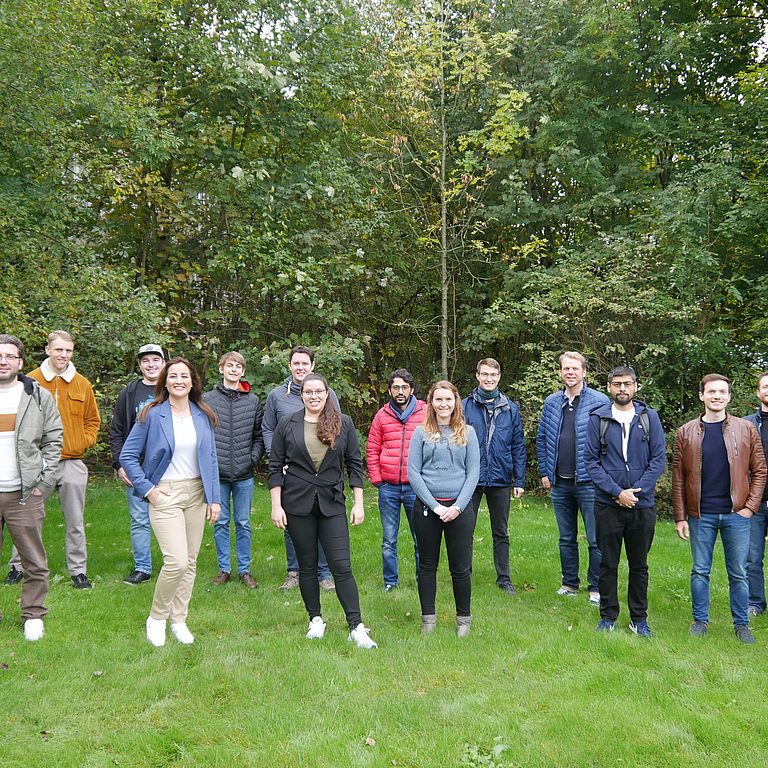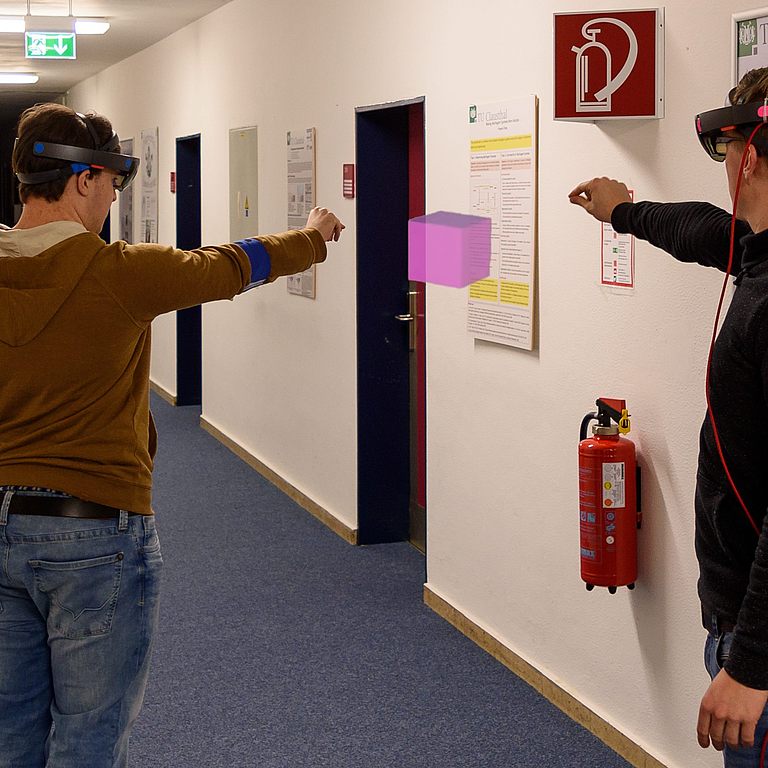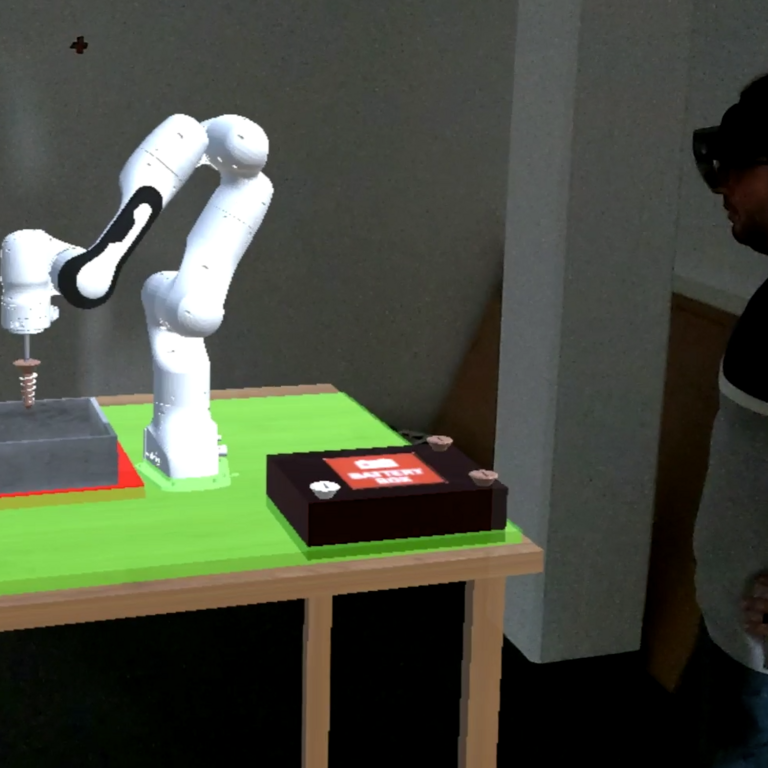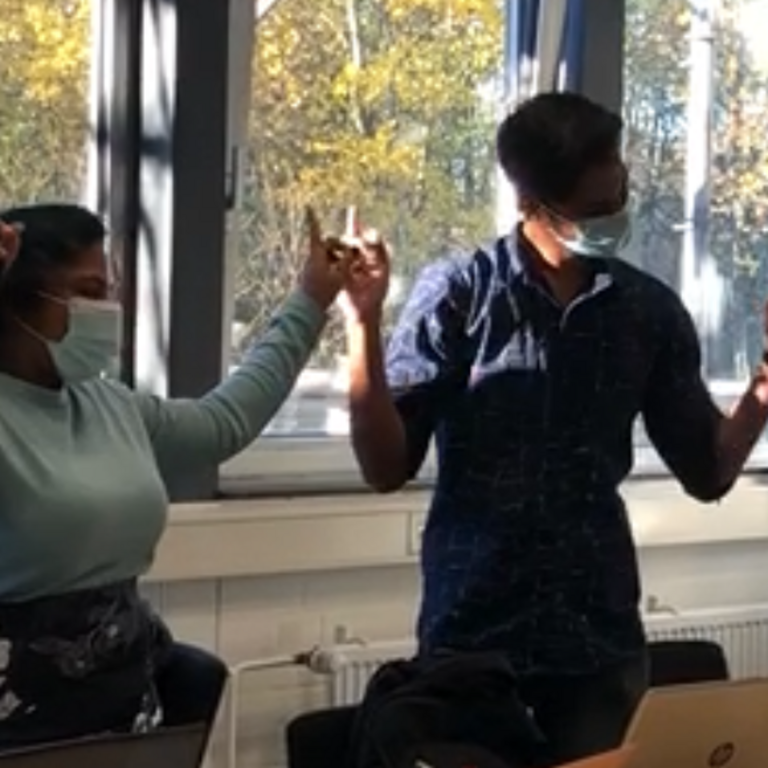MMI (human-computer-interaction)
Goal
Having a well design system is crucial for the system being accepted by users. The lecture aims to enable students to design technical socio-technical systems with the end user constantly in mind. Students are taught in conducting their own data gathering, prototyping of new systems and evaluating those systems together with end users.
Content
The lecture teaches students fundamentals of psychology and human physiology required to optimally design new system. Students learn how to set up a design process for new system right from the beginning, by showing them what data gathering methods (e.g. Ethnography, Interviews, Workshops, Focus Groups, Artefact analysis) they can employ to analyse a domain. Furthermore different prototyping tools (e.g. from paper prototyping, to high fidelity prototypes) are being shown so that students are enabled to quickly create & test prototypes before jumping into the time consuming process of creating the actual system. To properly evaluate the systems the lecture teaches various evaluation methods (e.g. cognitive walkthroughs) to assess the quality of the prototypes, and also to derive possible steps on how to improve the interface.
The lecture is accompanied by an exercise in which students learn how to recognize good and bad design. The overarching theme of the exercise is the design of a new system through applying the knowledge gained from the lecture. Students are working together with end users to gather requirements before creating prototypes. At the end those prototypes are also getting evaluated together with end users to learn how to improve the system.
Overview of lecture topics:
- Introduction to human computer interaction
- Fundamentals of human cognition
- Fundamentals of cognition and perception psychology
- Data gathering methods in human computer interaction
- Prototyping and human centred design
- WIMP: Windows, Icons, Menus, Pointers, Control
- Interaction in the small / Mobile interaction
- Evaluation methods
- Direct manipulation / augmented reality / virtual reality
- Multimedia / multimodal interaction
Dates
This lecture usually takes place in the summer semester. For further information please refer to Stud.IP.
Exam
Credit Points: 6
The type of examination depends on the amount of students taking the exam this semester. The type of examination will be announced in the lecture
Prerequisites
/
Recommended previous knowledge
A successful participation in development related lectures might help students while creating their prototypes. Since those prototypes don't need to be fully functioning, not having visited those lectures is not an issue and all necessary skills to create prototypes are being taught in the lecture.
Contact info
Michael Prilla, Sebastian Thomas Büttner
Lecture material
Lecture slides are available in Stud.IP. A video recording of the lecture from the summer term 2019 is available here.



